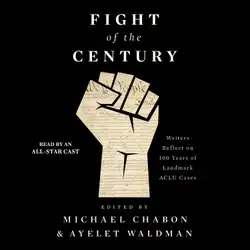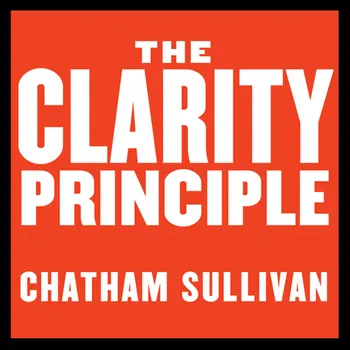Organizational life is fraught with problems: turf wars, conflict between departments, lack of vision, poor executionthese so-called people problems are knotty and often incomprehensible and claim a startlingly large portion of our energy. Its not the numbers or the vicissitudes of the market that leads to sleepless nights, but the political, cultural and people issues that worry leaders most. The peculiar thing about these habitually dysfunctional ways of working is that while everyone involved is vaguely aware that something is broken, they cant pinpoint exactly what lies behind the dysfunction. In The Courage to Choose, consultant Chatham Sullivan reveals that beneath these messy people issues is, in fact, a basic business problem: the organization hasnt formed a clear answer to the most fundamental question, What business are we in? The purpose and identity of the organization itself is in crisis. Are we an innovation business or an execution business? Are we designed to play this role in the market or that one? Do we compete on this capability or that? When the ultimate purpose of the business has been obscured in an identity crisis, leaders must take a stand to restore its clarity. Taking a stand isnt just a cognitive move. The work demands an incisive understanding of the business, yes, but more critically an abiding sense of responsibility for the organization and the courage to make a move towards clarity even in the face of difficult strategic choices that are fraught with complex political, personal and cultural dynamics. In this groundbreaking book that bridges the gap between strategy and leadership, Sullivan shows that rather than avoiding the underlying anxiety that disturbs the business, the mature leader moves toward it and positions it in the foreground. He describes the ubiquitous problem of identity crisis, explains how to identify it where it occurs, an offer a path for leaders to take a decisive stand.
The Clarity Principle : How Great Leaders Make the Most Important Decision in Business (and What Happens When They Don't)
Kom igång med den här boken idag för 0 kr
- Få full tillgång till alla böcker i appen under provperioden
- Ingen bindningstid, avsluta när du vill
Författare:
Uppläsare:
Språk:
Engelska
Format:

What It Takes to Save a Life : A Veterinarian’s Quest for Healing and Hope

The Lang Lang Piano Method Level 5

Lang Lang Piano Method Preparatory Level

The Lang Lang Piano Method Level 1

Believe IT

The Drama-Free Workplace

What Can I Do? : The Truth About Climate Change and How to Fix It

I Contain Multitudes : The Microbes Within Us and a Grander View of Life

Fight of the Century : Writers Reflect on 100 Years of Landmark ACLU Cases

Tillit - en bok om meningen i livet

Barbro Hörberg : Med ögon känsliga för grönt

Retorik eller konsten att övertyga
